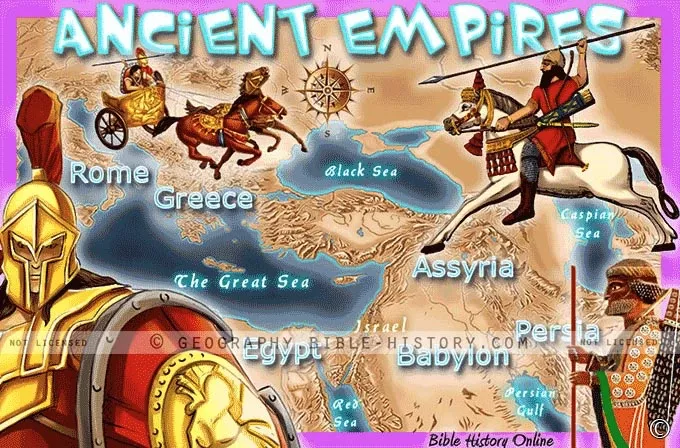Ancient empires were powerful societies that existed in the past and were known for their influence on culture, politics, and trade. They had great leaders, armies, and technologies that helped them build and maintain their empires.
One of the earliest empires was the Egyptian Empire, which arose around 3100 BC and lasted for thousands of years. Egypt was known for its impressive architecture, art, and writing, as well as its advanced agricultural practices and complex religious beliefs.
The Assyrian Empire was another powerful civilization that emerged around 2000 BC in the region of Mesopotamia. They were known for their military might and cruelty towards conquered people, but they also made significant contributions to art, science, and literature.
The Babylonian Empire, which emerged in the 18th century BC, was known for its advanced mathematics, astronomy, and law code. Its most famous ruler was King Hammurabi, who established a strict code of laws that governed every aspect of society.
The Persian Empire, founded in the 6th century BC, was one of the largest and most diverse empires in history. It was known for its tolerance of different religions and cultures, as well as its impressive infrastructure, including the Royal Road, which connected the entire empire.
Finally, the Roman Empire emerged in the 3rd century BC and became one of the most powerful and influential empires in the world. It was known for its military might, advanced engineering, and impressive legal system, which influenced modern law in many countries.
By studying these ancient empires, we can learn about the history and culture of different parts of the world, as well as the ways in which societies developed and interacted with one another. We can also see how these empires contributed to the growth of civilization and the development of technology and art.
